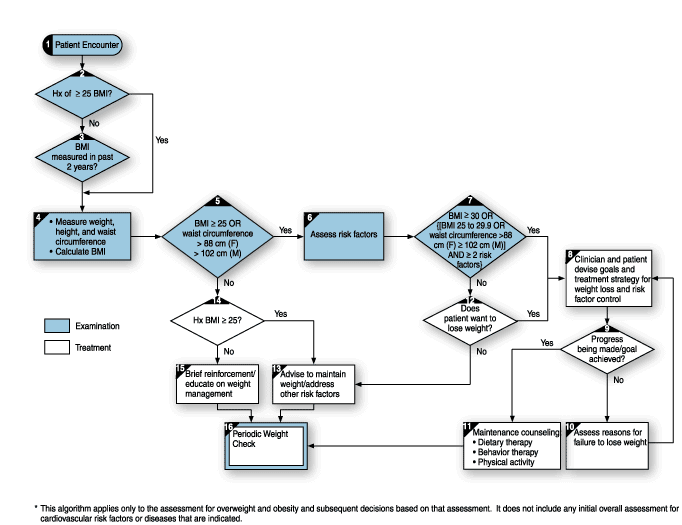Seven Medications That Should Never Be Mixed with Alcohol

Mixing alcohol with certain medications poses significant health risks, leading to potentially severe side effects and complications. Healthcare professionals consistently warn against combining alcohol with various medications, emphasizing the importance of understanding the interactions involved. This article examines seven categories of medications that should not be taken with alcohol, detailing the consequences and expert opinions on safe practices.
**Understanding Alcohol-Medication Interactions** According to Dr. Thomas Pontinen, M.D., co-founder of the MAPS interventional pain management clinic in Chicago, alcohol can significantly alter the effectiveness of many medications and exacerbate side effects. "Alcohol and medication can interact in different ways based on the medication and the individual’s physiology," Dr. Pontinen explains. Alcohol often impairs the body’s ability to absorb medication, which is particularly concerning for individuals relying on these medications for their health.
Additionally, Dr. Laura Purdy, M.D., a family medicine physician and medical director at EXILERA, warns that simultaneous consumption of alcohol and medications can lead to a range of adverse effects. These include changes in blood pressure, fainting, nausea, vomiting, dizziness, and headaches. Furthermore, alcohol and many medications are metabolized by the liver, combining them can place undue stress on this vital organ and exacerbate pre-existing liver conditions.
**Seven Medications to Avoid Mixing with Alcohol** 1. **Pain Relievers**: The combination of alcohol with acetaminophen (Tylenol) or nonsteroidal anti-inflammatory drugs (NSAIDs) like aspirin or ibuprofen can result in liver damage and gastrointestinal bleeding, according to Katy Dubinsky, Pharm.D., CEO of Vitalize.
2. **Antidepressants**: Alcohol can diminish the effectiveness of antidepressants, such as selective serotonin reuptake inhibitors (SSRIs) and serotonin and norepinephrine reuptake inhibitors (SNRIs), and may exacerbate depressive symptoms, as noted by Dr. Purdy.
3. **Antibiotics**: Certain antibiotics, such as metronidazole and tinidazole, can cause severe reactions when combined with alcohol, including headaches and nausea. Dubinsky cautions that alcohol's dehydrating effects can hinder recovery from infections.
4. **Antipsychotics**: Mixing alcohol with antipsychotic medications can intensify sedative effects, leading to severe impairments in mental and physical abilities, such as difficulty breathing and low blood pressure.
5. **Anxiety Medications and Sedatives**: Alcohol combined with benzodiazepines (like Xanax and Valium) and sleep aids (like Ambien) can lead to life-threatening sedation and severe respiratory difficulties, warns Dubinsky.
6. **Diabetes Medications**: Alcohol can interfere with diabetes medications, leading to dangerously low or high blood sugar levels. Dubinsky explains that alcoholic beverages high in carbohydrates can negatively impact blood sugar control.
7. **Blood Thinners**: Alcohol may interfere with anticoagulants like warfarin, increasing the risk of bleeding or clotting complications. This is particularly dangerous for individuals with specific health conditions requiring blood thinners.
**Consequences and Safety Recommendations** The risks associated with mixing medications and alcohol can range from mild to life-threatening. Dr. Purdy emphasizes the necessity of consulting healthcare providers before consuming alcohol while on medication. "Combining medication and alcohol can be dangerous and even life-threatening... do not willingly take risks,” she advises.
Should an individual consume alcohol while on medication, Dr. Pontinen suggests having a trusted friend or family member nearby to monitor for adverse reactions. Symptoms such as severe headaches, gastrointestinal pain, or dizziness necessitate immediate medical attention.
**Conclusion** Healthcare professionals universally recommend avoiding alcohol while taking specific medications due to the potential for severe interactions and side effects. Individuals are urged to consult with a healthcare provider regarding their medications and alcohol consumption. Awareness and precaution can significantly reduce the risks associated with alcohol and medication interactions, ensuring safer health practices for all individuals.
**Expert Opinions** The insights provided by medical professionals underscore the need for greater awareness regarding the interactions of alcohol and medications. As Dr. Pontinen states, "Individuals who are under heavy sedative effects need to be monitored to make sure they do not risk injury or choking." The importance of safety and informed decision-making cannot be overstated in this context.
Advertisement
Tags
Advertisement





